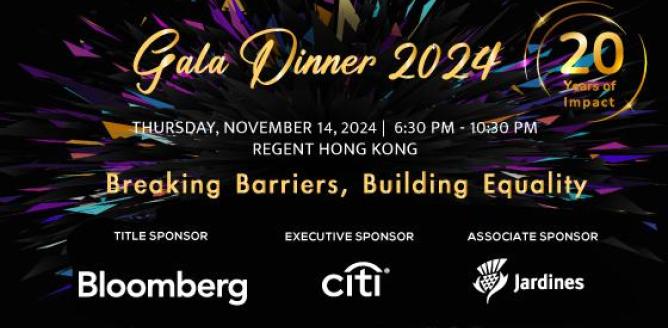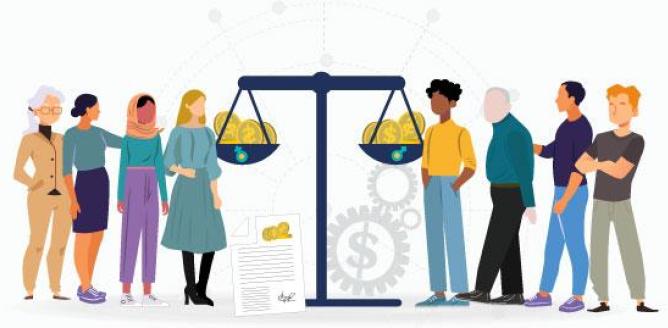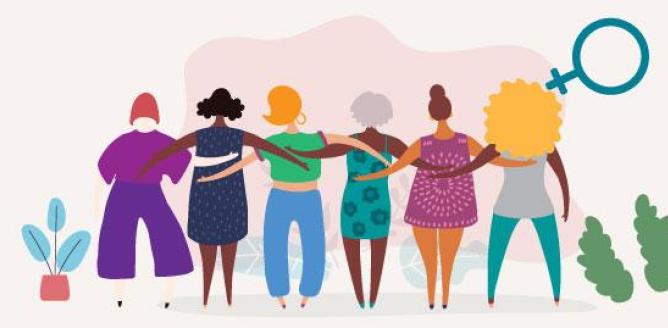“Solidarity does not assume that our struggles are the same struggles, or that our pain is the same pain, or that our hope is for the same future. Solidarity involves commitment, and work, as well as the recognition that even if we do not have the same feelings, or the same lives, or the same bodies, we do live on common ground.” - Sara Ahmed, British-Australian scholar
2019 has proven to be a tumultuous and significant year for women’s rights around the world.
Here are five areas where we’ve seen change:
1. Much Needed Proposed Sexual Offences Reforms: We were pleased to see the release of the Hong Kong Law Reform Commission’s recommendations to the Government on reforming the city’s sexual violence laws. They contain critical updates including a statutory definition of consent, expanded definition around ‘sexual penetration without consent’ and protections for vulnerable persons. We urge the Government to implement these changes as soon as possible. Read more in our press release.
2. Shaking Up Athletics: Much has happened in the world of sport. We saw elite female athletes who spoke out against Nike and penalties for pregnant athletes ending up with a change of policy. Women footballers fighting for equal pay have made progress in Australia and the USA. In Iran, women are allowed to watch football matches at stadiums for the first time in 40 years, after pressure from FIFA.
3. New Laws in Asia: In May, Taiwan legalised same-sex marriage, a first in Asia. In August, the Philippines enacted the Safe Spaces Act, protecting women in the street and online.
4. Progress for Women in Leadership: Women are leading international organisations such as the IMF, the European Commission and the European Central Bank. Finland just appointed its third female Prime Minister and young female civic leaders like Greta Thunberg and Isra Hirsi are galvanising support to fight climate change.
5. Women’s Social Movements Leading Change: Social movements for women’s rights continue to disrupt the status quo across the globe. Chile has seen crowds take to the streets to call out violence and particularly sexual violence against women, with a feminist anthem that is going viral. Japan’s “KuToo” movement is challenging entrenched gender stereotypes in a very traditional system. In Sudan, a largely female protest against corruption brought down Omar al-Bashir’s 30-year dictatorship.
While women and girls still face many challenges, we are inspired to see this progress and witness how individuals and communities can rise to new challenges and achieve real change.
At TWF, these advances in women’s rights elsewhere inspire and inform our work. And what a year it has been! We served as innovators through the launch of our GGT Alumni Programme which includes an online self-learning platform; our Digital Literacy Programme which enables parents and their young daughters from disadvantaged backgrounds to learn basic digital skills and apply them in practical ways; and our Reverse Mentoring Pilot between Mentoring Programme participants and Male Allies. Our eldercare research, in collaboration with HSBC Life and HKU, is the first of its kind in Hong Kong. Our Gender Equality Summit this past September brought the community together to discuss pressing issues facing women and girls in Hong Kong. We also engaged in advocacy across several significant issues, culminating in a call for a holistic approach to address gender inequality in advance of this year’s policy address.
But there is still much work to do – we look forward to facing these challenges with renewed energy, dedication and a spirit of collaboration with each of you in the year to come.
Get in touch Fiona.Nott@twfhk.org





















